DIY Rosehip Face Serum: How To Make Rosehip Seed Oil Face Serum At Home
Restore and rejuvenate your skin’s health right at home, with this nourishing, nutritive oil.

Image: Shutterstock
A DIY rosehip face serum recipe is what every skincare enthusiast wants to know or try.
The reason? The plenty of anti-aging benefits it offers for the skin, such as reducing fine lines and soothing the skin. So, have you included rosehip face serum in your daily skincare routine? If not, do it at the earliest to achieve flawless skin. In this article, we have listed the benefits of rosehip seed oil, easy homemade beauty recipes to prepare face serum, its potential side effects, and many more. So, let us get started!
In This Article
DIY Rosehip Face Serum Recipes
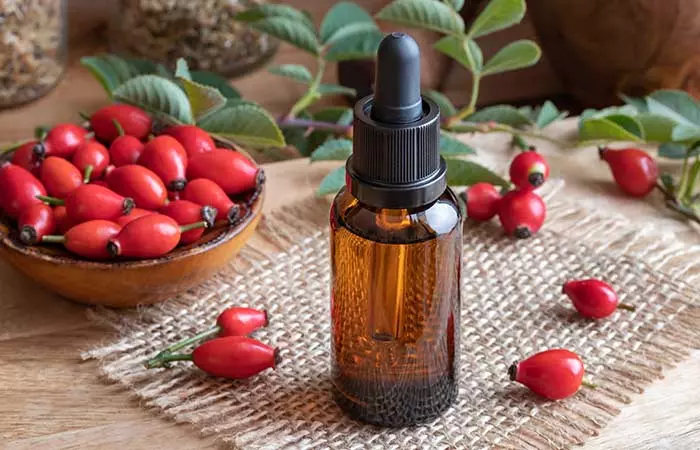
Note: Before you use rosehip seed oil, don’t forget to do a patch test to avoid skin reactions or side effects (explained later in the article).
Once you are sure that your skin can tolerate rosehip seed oil, you can start using it. There are many ways to incorporate this wonder oil into your natural skincare routine. While you can buy commercially available rosehip face serums sold by various skincare brands, there’s nothing better than DIY and natural serums containing organic ingredients and botanicals. Check out the recipes below.
1. Rosehip And Jojoba Oil Face Serum
Jojoba oil is extremely beneficial in healing compromised skin and repairing the skin barrier.
It can treat multiple skin issues, such as acne, eczemai A chronic skin condition that causes dryness and itchiness, impairs the skin barrier function, and flares up from time to time. , and dermatitisi A collective term for various skin irritations that are characterized by inflammation, itchiness, redness, dryness, and rashes. (1).
You Will Need
- 9 teaspoons of rosehip seed oil
- 12 teaspoons of jojoba oil
- 12 drops of essential oil of your choice
- 1 dark glass bottle with a dropper
Method
- Mix all the oils in a measuring cup. Combine well.
- Pour the oil mixture in the glass bottle.
- Apply 3-4 drops of the oil on your face.
- Massage well with your fingertips in an upward motion.
- Leave it on overnight.
Note: There are even simpler methods of using rosehip seed oil for your face. You can incorporate a few drops of rosehip seed oil into your daily moisturizer for extra hydration. You can mix it with your priming base for makeup to achieve a dewy look or blend it with your night cream for overnight repair. You can also directly use it on your face as an anti-aging serum while doing your skin care routine.
 Quick Tip
Quick Tip2. Rosehip And Carrot Seed Oil Serum
Carrot seed oil has skin rejuvenating properties.
It scavenges harmful free radicals and keeps your skin feeling fresh and rejuvenated (2).
You Will Need
- 8 drops of rosehip seed oil
- 2-3 drops of carrot seed oil
Method
- Combine the two oils.
- Use your fingertips to spread the oil blend on your face.
- Massage gently in an upward motion.
- Leave it on overnight.
3. Rosehip And Aloe Vera Night Serum
Aloe vera contains salicylic acid (heals acne), antioxidants, such as vitamins C and E, and minerals. It reduces skin inflammation and promotes wound healing (3).
You Will Need
- 1 aloe vera leaf
- 20-25 drops of rosehip seed oil
Method
- Scoop the gel from the aloe leaf.
- Blend it for a few minutes.
- Extract the juice from the mixture through a cloth.
- Pour the aloe juice in a bottle and mix it with rosehip seed oil.
- Massage the mixture onto your face
- Leave it on overnight.
4. Rosehip and Pomegranate Seed Oil
Pomegranate seed oil is loaded with antioxidants that improve the transepidermal absorption rate of your skin
(4). In other words, it helps your skin absorb other products better.
You Will Need
- 10-15 drops of rosehip seed oil
- 2-3 drops of pomegranate seed oil
Method
- Combine both the oils.
- Apply the mixture in small dots all over your face.
- Massage with your fingertips for a few minutes.
- Leave it on overnight.
These were a few ways you could incorporate rosehip seed oil in your daily skin care routine. But before you use the oil, take a look at the reasons your skin is going to love it.
Key Takeaways
- Rosehip oil serum hydrates the skin, has anti-inflammatory properties, prevents collagen and skin damage from UV rays, and reduces the appearance of scars.
- Mixing rosehip seed oil with facial oils like aloe vera, carrot seed oil, pomegranate seed oil, or jojoba seed oil is the most common way to make facial serums.
- If you are allergic to rosehip seed oil or vitamin C, you may experience reactions like itchiness, skin rashes, hives, dizziness, and troubled breathing.
- Conduct a patch test before using rosehip oil on the face.
Why Use Rosehip Face Serum? Benefits Of Rosehip Seed Oil
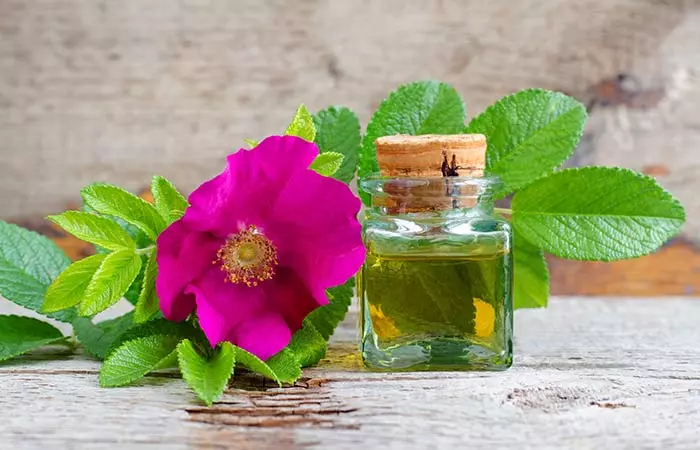
Rosehip seed oil is the primary ingredient in rosehip face serums. Rosehips are the round parts that you see below the rose flower. These are pseudo-fruits of the plants of the Rosa genus of the Rosaceai A skin condition characterized by visible blood vessels, redness, and pimples (small, often pus-filled) bumps on the face. family. These pseudo-fruits from different species of roses are widely used for medicinal purposes as they contain high levels of bioactive compounds and antioxidants (5).
1. It Hydrates Your Skin
Rosehip seed oil contains linoleic acid and high levels of polyunsaturated fatty acids (5).
Linoleic acid is the most abundant fatty acid in the skin, and it plays an essential role in maintaining the epidermal barrier or the skin’s natural barrier. It prevents trans-epidermal water loss and maintains the hydration levels of the stratum corneum, the outermost layer of the skin (6).
2. It Has Anti-Inflammatory Properties
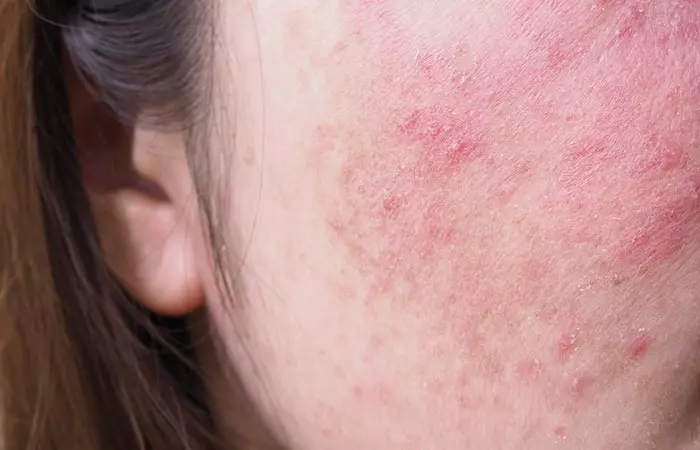
Rosehips are rich in vitamins B, C, and E and also contain carotenoids and polyphenols that help reduce inflammation (5). Rosehip seed oil may help calm your skin if you have inflammatory conditions, such as eczemai A chronic skin condition that causes dryness and itchiness, impairs the skin barrier function, and flares up from time to time. , dermatitisi A collective term for various skin irritations that are characterized by inflammation, itchiness, redness, dryness, and rashes. , and rosaceai A skin condition characterized by visible blood vessels, redness, and pimples (small, often pus-filled) bumps on the face. .
3. It Prevents UV Damage
Rosehips are rich in vitamin C that protects the skin from UV damage. Long-term sun exposure can cause erythemai Widespread or localized redness of the skin due to sunburn and excess friction that is not caused by an underlying illness. and sunburn. Topical vitamin C has a UV protective effect on your skin. It also neutralizes the harmful free radicals (7).
4. It Prevents Collagen Damage
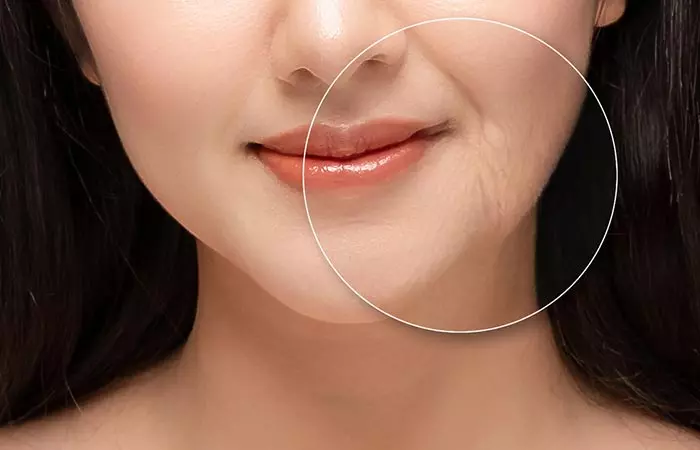
Collagen is a protein that naturally occurs in your cells. UV exposure can damage the skin collagen and speed up the aging process. It may cause signs of photoaging, such as wrinkles, fine lines, and hyperpigmentation. Since rosehips are loaded with vitamin C, they help prevent collagen damage and keep your skin youthful (7).
5. It Improves The Appearance Of Scars
A study found that rosehip seed oil could promote tissue regeneration and prevent post-surgical scars. The participants in the study saw significant improvement in the appearance of the scars after 6-12 weeks (8). Moreover, you may also use rosehip oil for acne as a preventive measure, which may help prevent acne inflammation and the risk of subsequent scarring.
 Trivia
TriviaMaria, a blogger, made a DIY face serum with rosemary oil. She says, “I’ve found that using this anti-aging serum twice a day yields the best results. I incorporate it into my morning and evening skincare routine, and on days when I don’t wear makeup, I let my skin soak in its goodness throughout the day (i).”
We could, of course, keep talking about all the benefits of rosehip oil, but it is also wise to touch up on the side effects of overuse. Let’s read about those below.
Rosehip Seed Oil: Are There Any Side Effects?
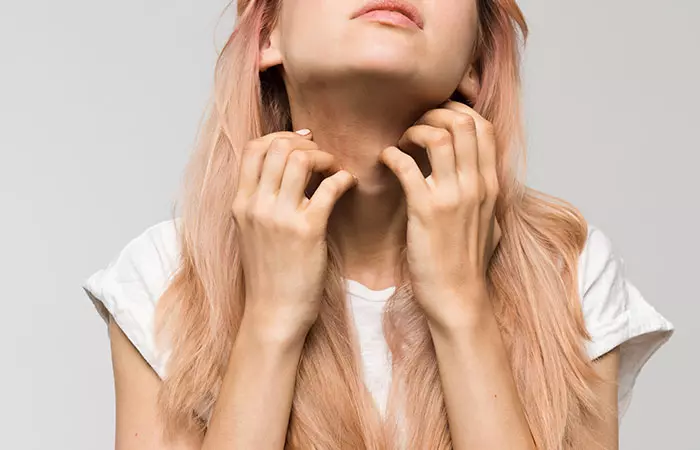
The most common side effect of using rosehip seed oil is an allergic reaction. If you are allergic to rosehip seed oil or vitamin C, you may experience the following allergic reactions:
- Itchiness
- Skin rashes
- Hives
- Itchy and watery eyes
- Anaphylaxisi A potentially fatal allergic reaction that can develop within seconds or minutes of being exposed to an allergen.
- Breathing trouble
- Dizziness
- Wheezing
- Rapid heart rate
As we mentioned earlier, rosehip seed oil contains vitamin C. Many people are allergic to it. Researchers are not clear if the topical application of rosehip seed oil affects the body’s levels of vitamin C.
Increased levels of vitamin C in the body affect people with conditions like hemochromatosisi A genetic disorder that can increase the risk of cancer and cause abnormal heart rate and liver damage due to excess iron in the body. and anemia (9). Hence, it is better to do a patch test. Also, consult a doctor before using rosehip seed oil to avoid its interaction with any medications you may be taking.
If you are someone who does not want to make rosehip face serum, you can also use the oil in other ways. Read on to learn how to use this facial oil.
Other Ways To Use Rosehip Facial Oil
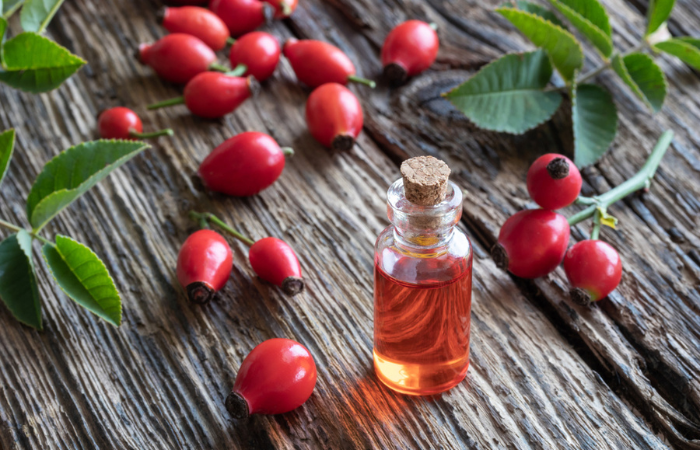
You can incorporate rosehip oil into your daily skin care routine in the following way:
- Clean your skin with a mild face wash.
- Apply a toner of your choice.
- Take 2 to 3 drops of rosehip oil in your palm.
- Use your fingertips to apply it all over the face.
- Gently massage your face.
- You may also apply it to your neck and nails if you want.
- Follow it with an eye cream.
- Leave it overnight.
Follow the recipes discussed in the article to prepare DIY beauty rosehip face serum at home. However, remember that rosehip oil can turn rancid quickly. Therefore, prepare the serum in small batches and store them properly to increase their longevity.
You can also use rosehip oil directly on your face. However, make sure to use only cold-pressed, 100% organic, and pure, therapeutic-grade oil. This plant-based serum can improve your skin texture and help minimize signs of aging. Don’t forget to do a patch test before using it for holistic skincare.
Frequently Asked Questions
Can I use Vitamin C serum and rosehip serum together?
If you wish to incorporate both ingredients into your skin care routine, applying each formula at different times of the day is preferable. This is the most convenient technique to allow the skin to develop a tolerance to new ingredients while avoiding irritation and allergies. For example, apply your vitamin C serum first thing in the morning and rosehip oil later in the evening to renew your skin as you catch up on your restful sleep.
Is rosehip face serum a retinol?
No, retinol battles the signs of aging, whereas rosehip oil, which is high in vitamin C, brightens the face. Rosehip oil and retinol, on the other hand, are said to work well together. Retinol, combined with rosehip oil, works wonders when it comes to aging or sensitive skin. They work together to rejuvenate, moisturize, and tone your skin.
Is rosehip face serum good for dry, sensitive skin?
Yes, rosehip face serum is usually considered good for dry, sensitive skin and all other skin types. However, you must always perform a patch test before adding it to your skincare regime to avoid any allergies.
Does rosehip face serum make skin more sensitive to the sun?
Yes, anecdotal evidence suggests that rosehip face serum makes skin more sensitive to the sun by decreasing melanin levels. Therefore, always wear broad-spectrum sunscreen while using rosehip oil.
Can I use the DIY rosehip face serum during pregnancy?
Yes, you may use DIY rosehip face serum during pregnancy. However, since the oil is not well-studied in regard to usage by pregnant and breastfeeding women, you must always consult your doctor before using it.
Illustration: DIY Rosehip Face Serum: How To Make Rosehip Seed Oil Face Serum At Home

Image: Stable Diffusion/StyleCraze Design Team
Learn how to make a rosehip-infused serum to boost your skin health. Watch this easy-to-follow video tutorial to make a natural, nourishing serum for your skin.
Personal Experience: Source
StyleCraze's articles are interwoven with authentic personal narratives that provide depth and resonance to our content. Below are the sources of the personal accounts referenced in this article.
i. Incredible Anti-Aging Serum Recipe You Can Do Yourself
https://medium.com/@sustainablyorganiccontact/incredible-anti-aging-serum-recipe-you-can-do-yourself-f068247a249e
References
Articles on StyleCraze are backed by verified information from peer-reviewed and academic research papers, reputed organizations, research institutions, and medical associations to ensure accuracy and relevance. Read our editorial policy to learn more.
- “Anti-Inflammatory and Skin Barrier Repair Effects of Topical Application of Some Plant Oils” International Journal of Molecular Sciences, US National Library of Medicine, National Institutes of Health.
- “Formulation and evaluation of carrot seed oil-based cosmetic emulsions.” Journal of Cosmetic and Laser Therapy, US National Library of Medicine, National Institutes of Health.
- “ALOE VERA: A SHORT REVIEW” Indian Journal of Dermatology, US National Library of Medicine, National Institutes of Health.
- “Pomegranate Seed Oil Enhances the PercutaneousAbsorption of trans-Resveratrol” Journal of Oleo Science.
- “Therapeutic Applications of Rose Hips from Different Rosa Species” International Journal of Molecular Sciences, US National Library of Medicine, National Institutes of Health.
- “Comparison of linoleic acid-containing water-in-oil emulsion with urea-containing water-in-oil emulsion in the treatment of atopic dermatitis: a randomized clinical trial” Clinical, Cosmetic and Investigational Dermatology, US National Library of Medicine, National Institutes of Health.
- “Vitamin C in dermatology” IndianDermatology Online Journal, US National Library of Medicine, National Institutes of Health.
- “Evolution of Post-Surgical Scars Treated with Pure Rosehip Seed Oil” Journal of Cosmetics, Dermatological Sciences and Applications, Scientific Research.
- “High-dose vitamin C: a risk for persons with high iron stores?” International Journal for Vitamin and Nutrition Research, US National Library of Medicine, National Institutes of Health.
Read full bio of Dr. Sreekar Harinatha
Read full bio of Ramona Sinha
Read full bio of Eshna Das
Read full bio of Shiboli Chakraborti







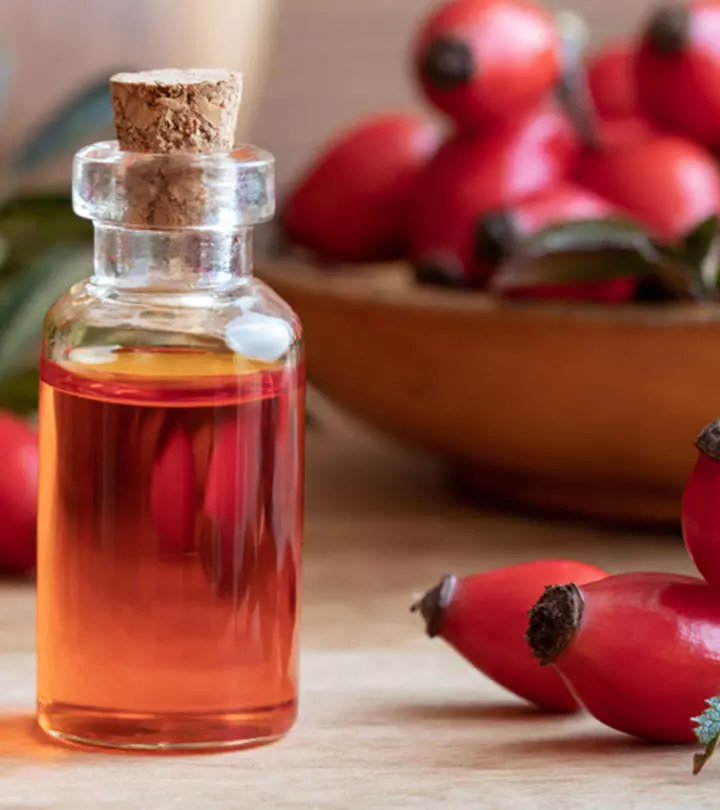
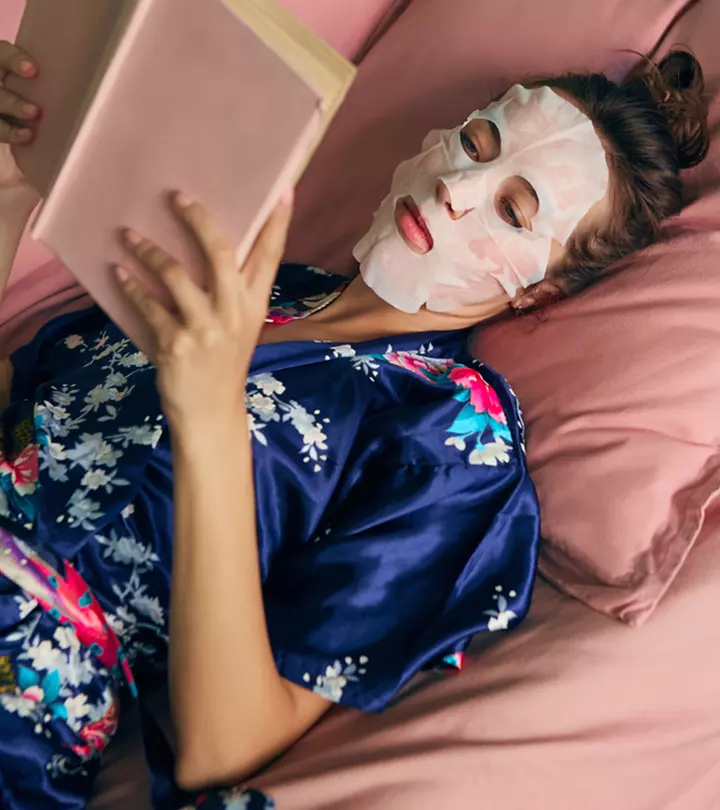
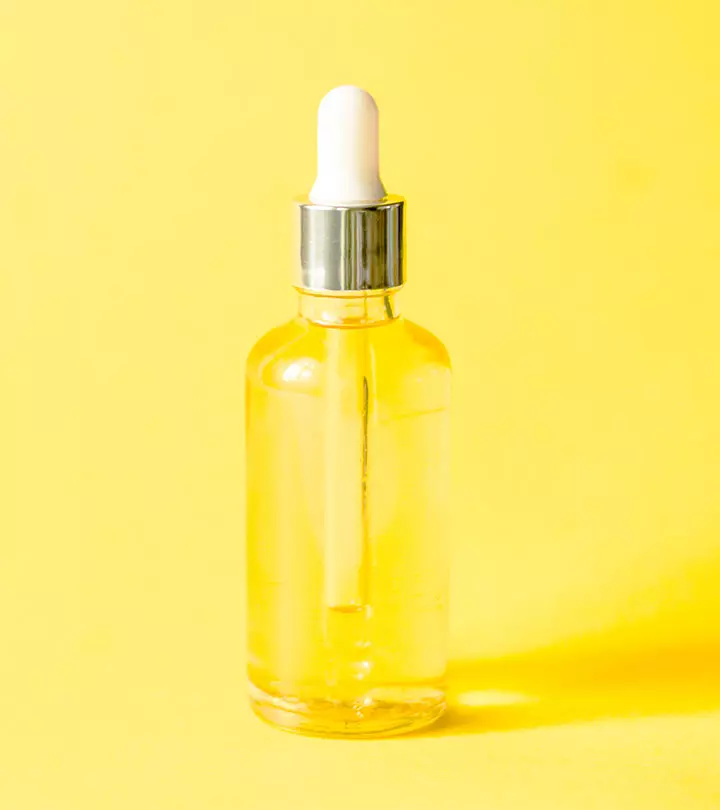
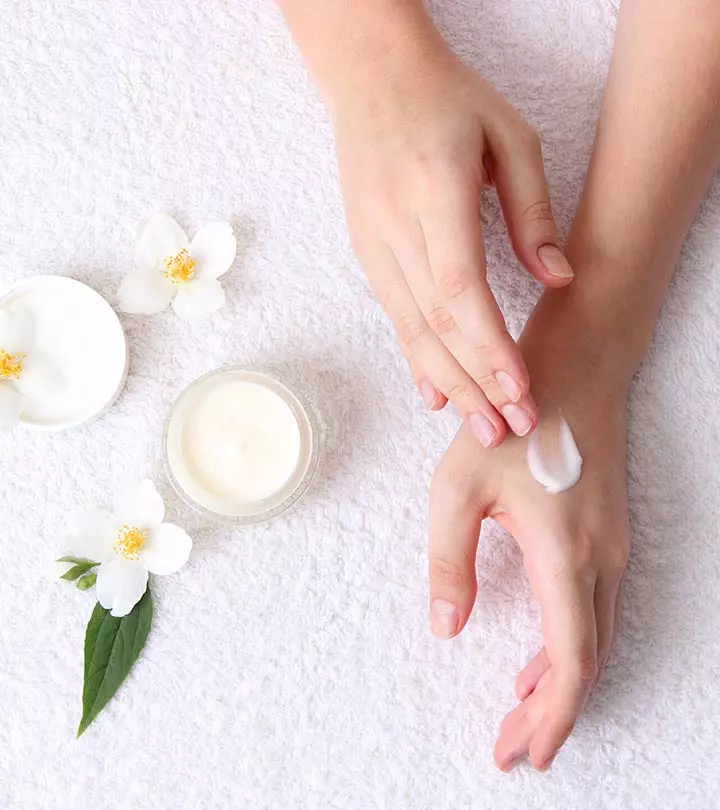
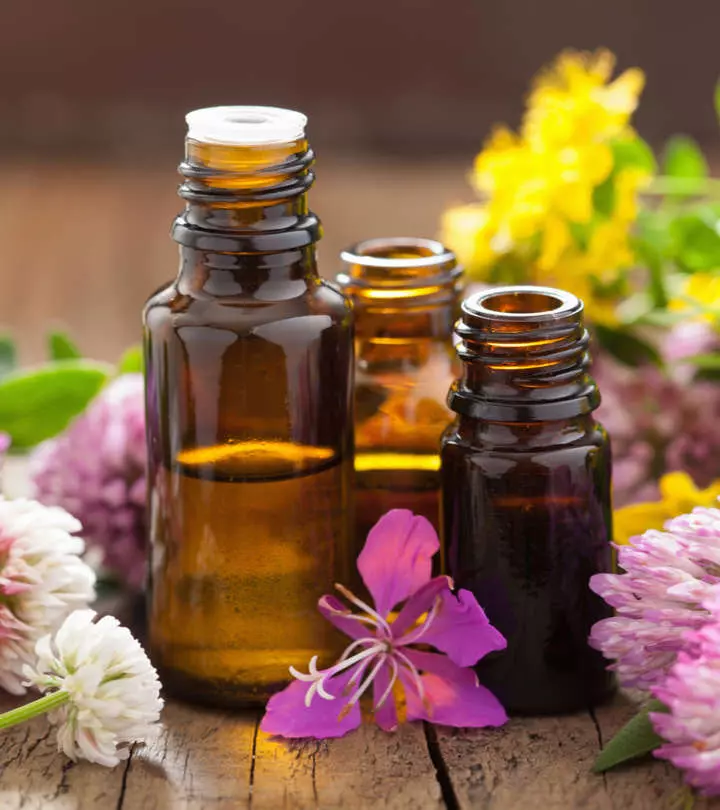
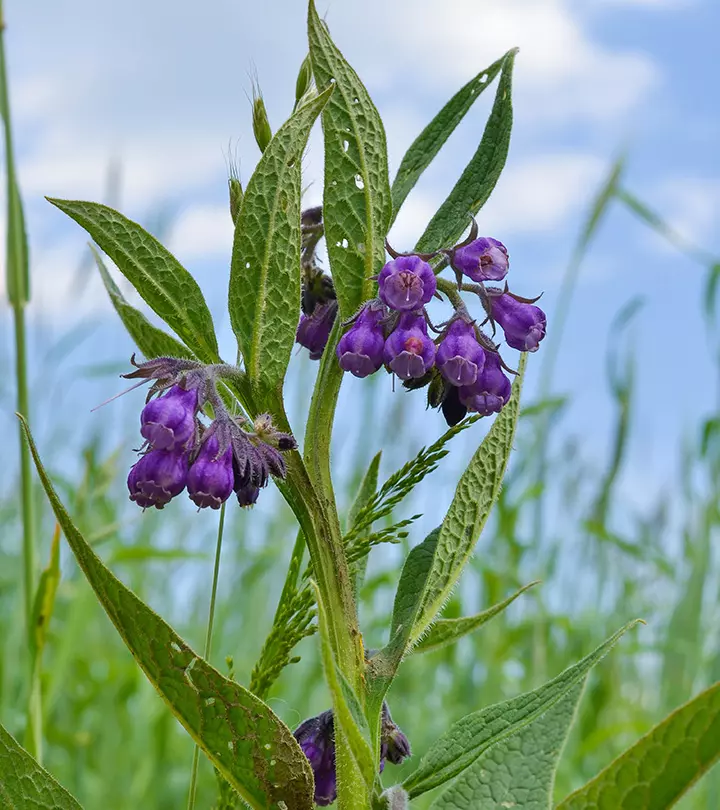
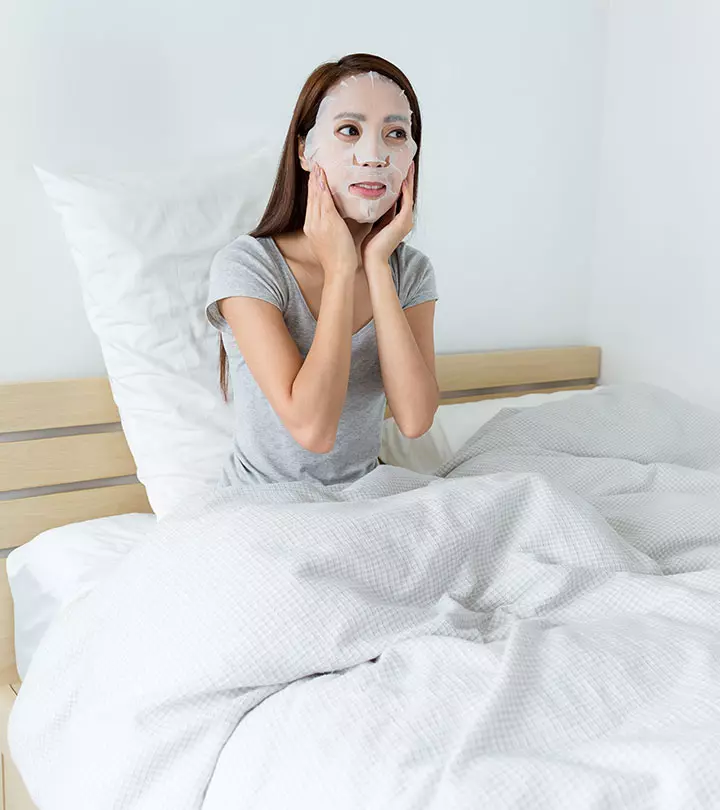
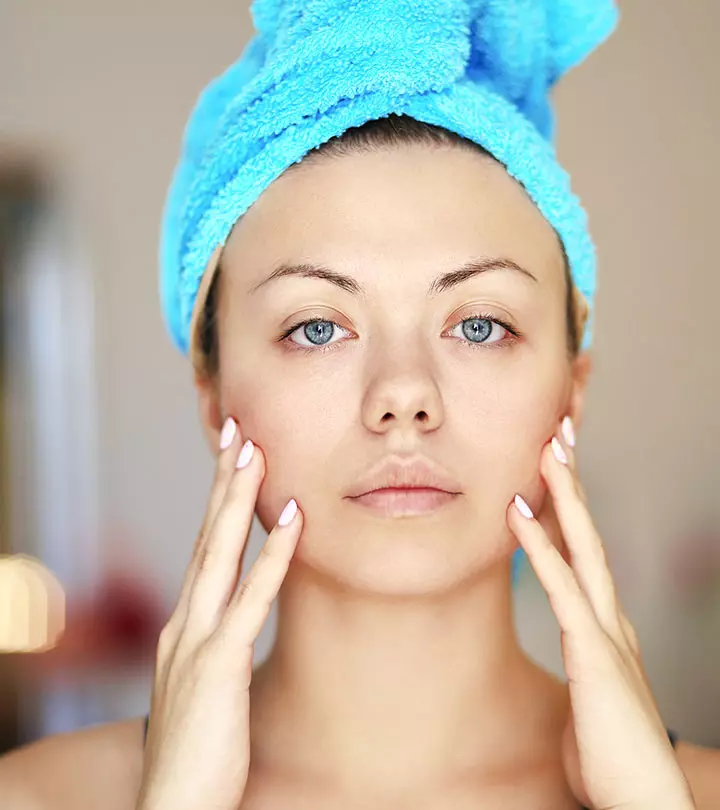
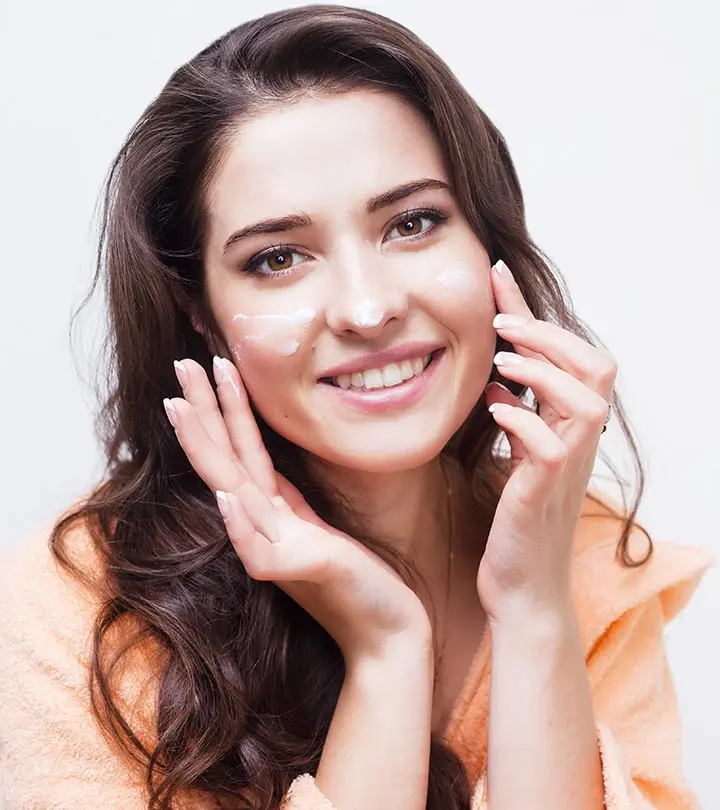

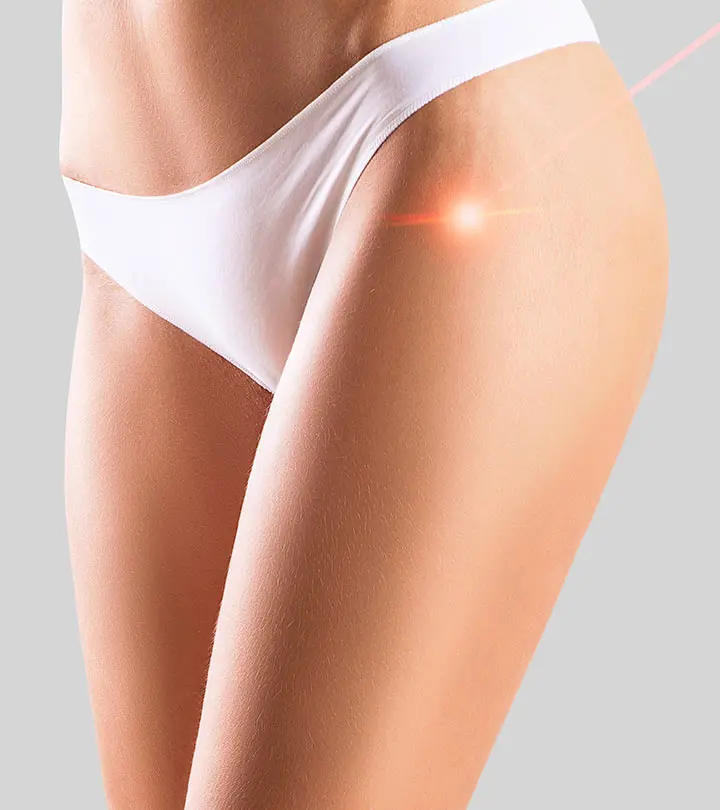
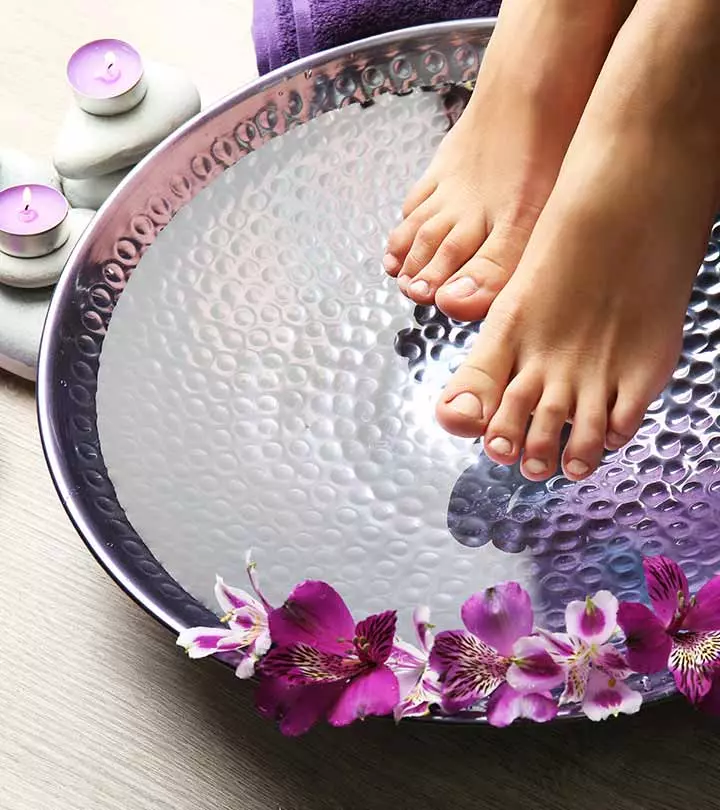
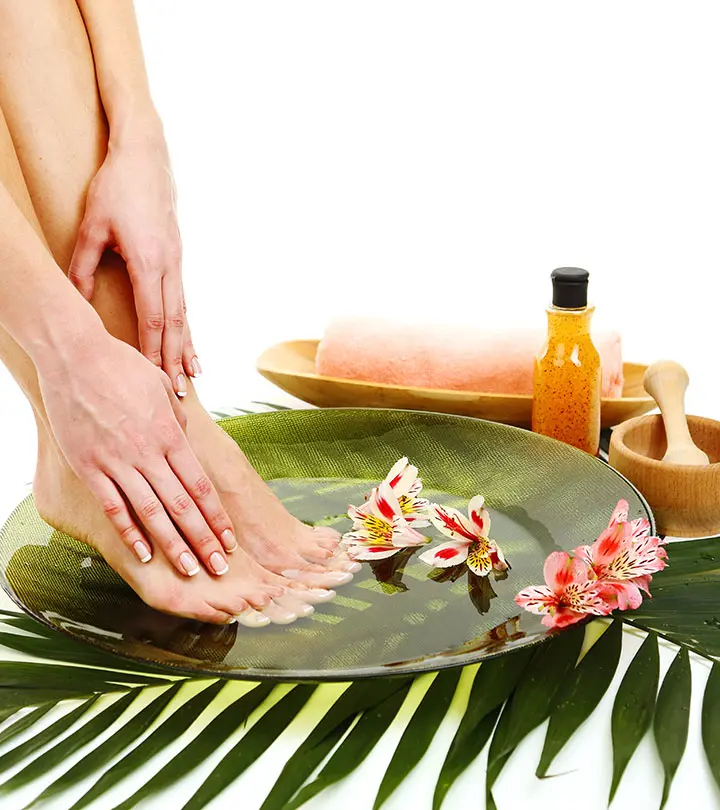
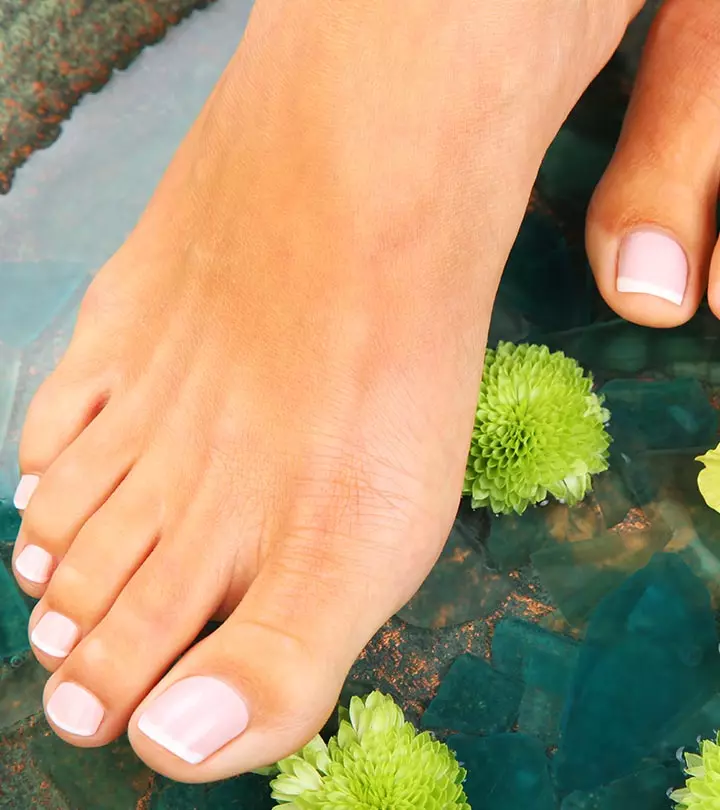
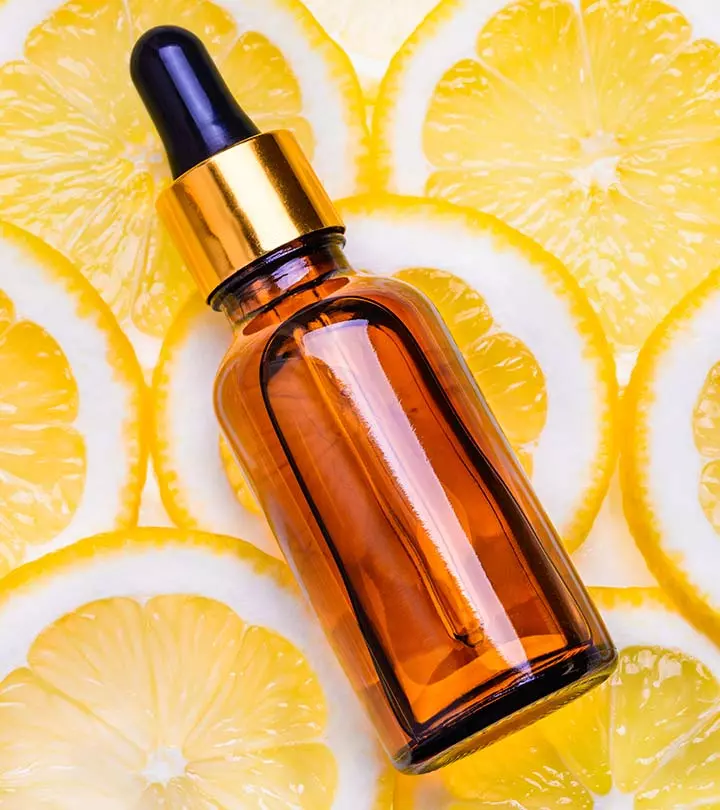

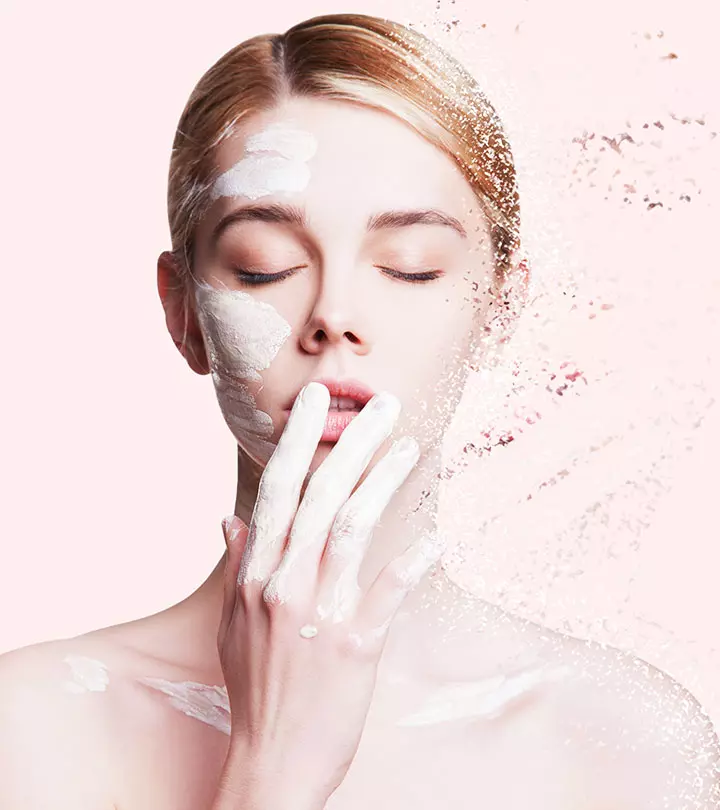


Community Experiences
Join the conversation and become a part of our empowering community! Share your stories, experiences, and insights to connect with other beauty, lifestyle, and health enthusiasts.